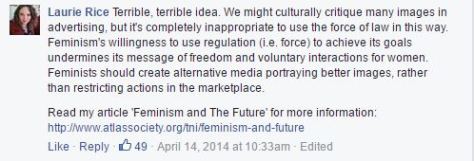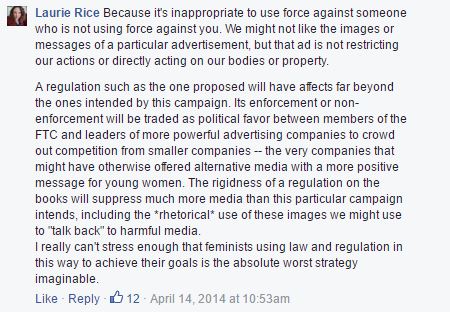How involved should government be in women’s pregnancies? A case from Wisconsin speaks powerfully about the dangers of personhood policy.
Early in 2014, 29-year-old Wisconsin woman Tamara Loertscher left her job, leaving her without the health insurance she needed to treat a thyroid condition. During her unemployment Loertscher sometimes self-medicated with marijuana and methamphetamine, a stimulant, for depression and pain.
Months later, in July, Loertscher suspected she had become pregnant by her long term boyfriend. She discontinued all substance use.
Then she went to the Mayo Clinic in Eau Claire, Wisconsin, on August 1. She was seeking care for her depression and thyroid condition, to confirm herpregnancy, and to ask questions about the health of a fetus she intended to carry to term. She disclosed her medical history, including previous substance use, so health providers might offer the best information about her health and the fitness of her pregnancy. A urine test confirmedpregnancy as well as drug use.
Tamara Loertscher’s visit to the Wisconsin clinic then took a dark turn.
Continue reading Control of Pregnancy Means Control of Women →











